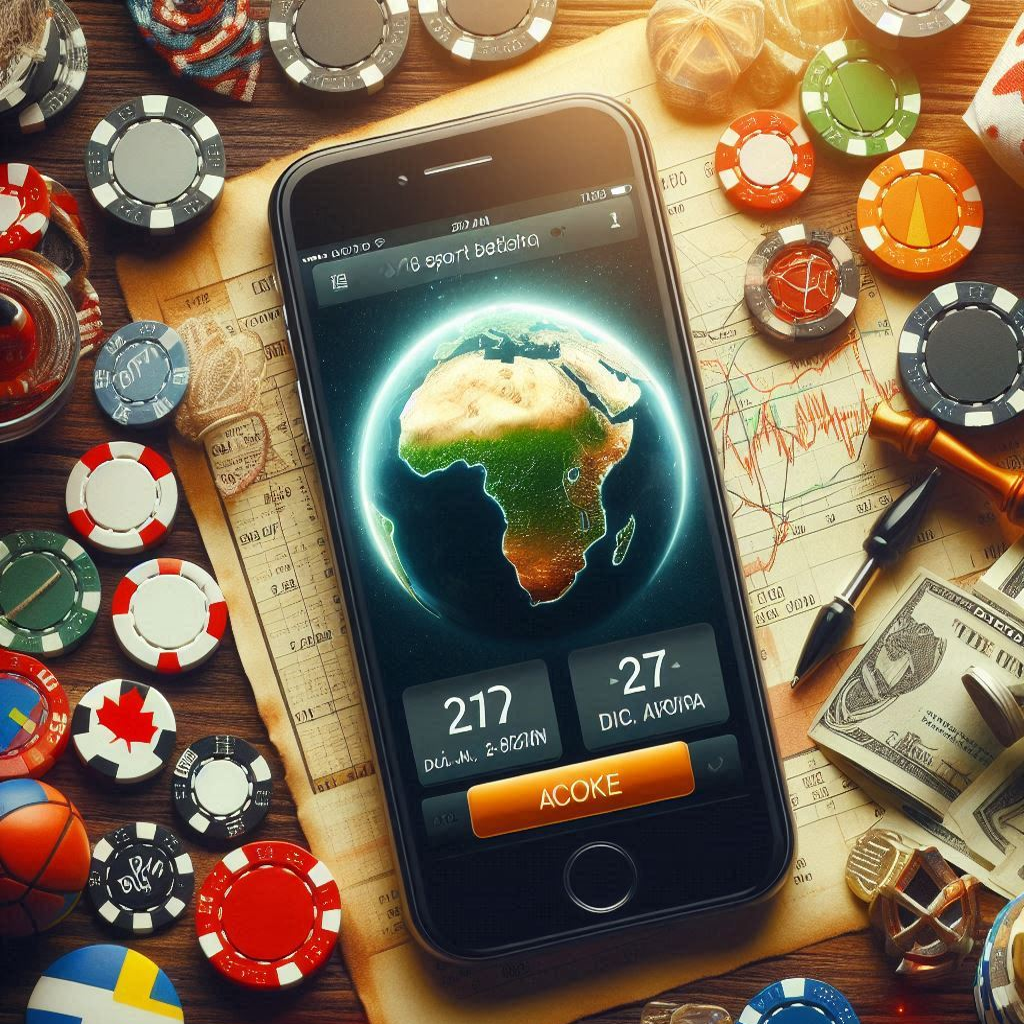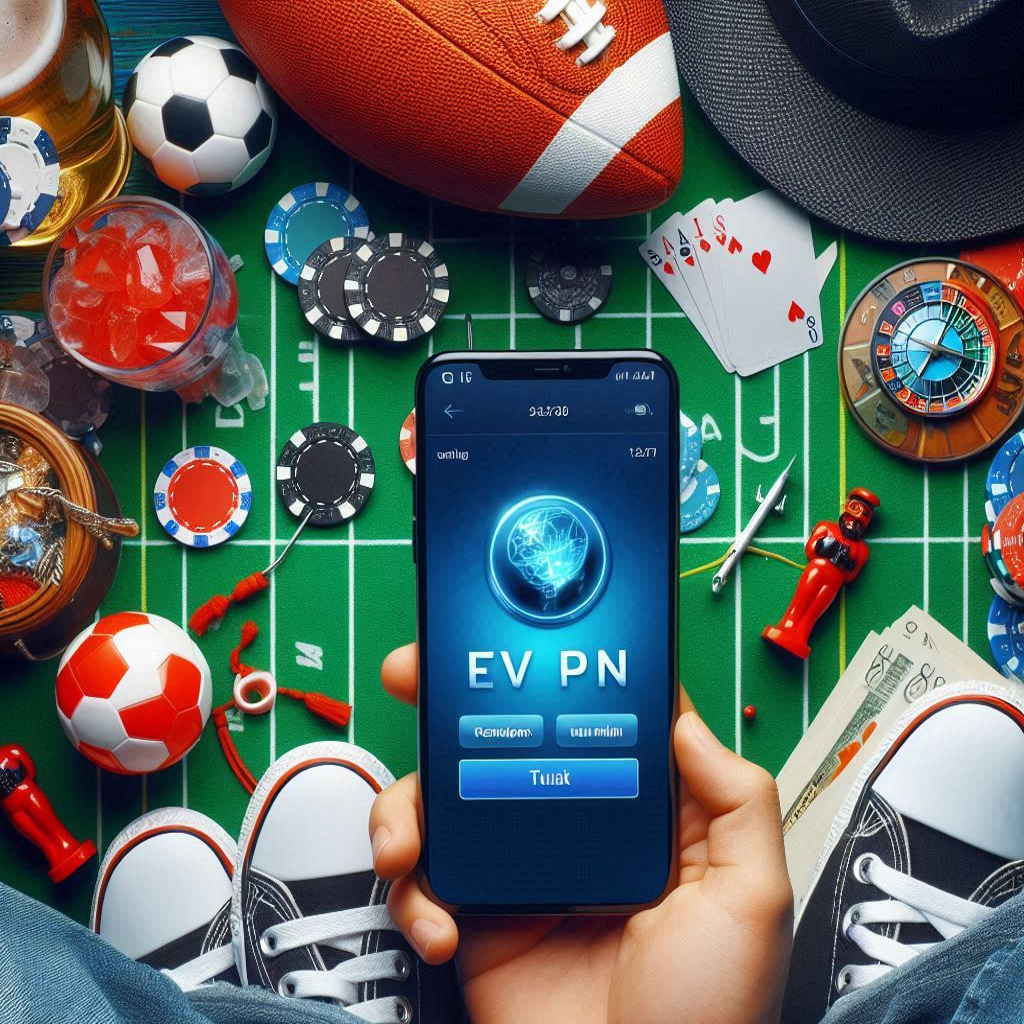Have you ever wondered why some players always seem to win while others lose? It’s not just about skill or practice; it’s also about how players think and act. This is where player psychology comes in. Player psychology is the study of how a player’s mind affects their performance. It involves their thoughts, feelings, and behaviors during a game.
Another important part of this is strategy. Strategy means making smart choices about how to play a game. When players use good strategies based on their understanding of psychology, they can improve their chances of winning. For example, a calm player who stays focused can make better decisions than someone who is nervous and panicking.
Players often need to read their opponents, too. This is called behavioral analysis. By observing how others behave, a player can gain valuable information about what their opponents might do next. It’s like a game of chess where understanding your rival’s next move is the key to victory.
In summary, player psychology and strategy go hand in hand. A good player knows not only the rules of the game but also how to control their emotions and predict what others will do. With the right mindset and strategies, anyone can become a better player.
Glossary:
1. Player Psychology – the study of how a player’s mind affects their game performance.
2. Strategy – the plan a player makes to win a game.
3. Behavioral Analysis – observing and understanding other players’ actions to predict their next moves.
Understanding Player Psychology
Player psychology is the study of how a player’s mind influences their behavior and decision-making during a game. It is essential to understand this aspect because it directly affects a player’s performance and strategy. Every player has a unique mental approach, which can play a critical role in winning or losing.
Key Terms
- Behavior: The way a player acts or conducts themselves in a game. This can include decision-making, emotional reactions, and social interactions with other players.
- Mindset: The established set of attitudes held by a player. It influences how they approach challenges and setbacks during gameplay.
- Emotional Intelligence: The ability to recognize, understand, and manage one’s own emotions and the emotions of others. This is crucial for teamwork and competitive situations.
- Strategy: A plan of action designed to achieve a long-term or overall goal in the game. This can be influenced by a player’s psychology, including their confidence and past experiences.
The Impact of Behavior on Winning
The way players behave, both individually and collectively, can greatly influence the outcome of games. Here are some important factors:
- Confidence: A player with high confidence is more likely to take risks and perform better under pressure. For instance, famous basketball player Michael Jordan once said, “I’ve missed more than 9,000 shots in my career. I’ve lost almost 300 games. 26 times, I’ve been trusted to take the game-winning shot and missed. I’ve failed over and over and over again in my life. And that is why I’ve succeeded.”
- Team Dynamics: The relationships between players can affect communication and collaboration. A team that works well together can leverage each member’s strengths.
- Stress and Pressure: How a player handles stress can be critical. Some players thrive in high-pressure situations, while others may crack.
- Mindset Shifts: Adapting to changes in the game or altering tactics based on opponents can significantly impact success.
Improving Player Psychology
There are several ways to enhance a player’s psychological approach to the game:
- Practice Mental Resilience: Train the mind to deal with setbacks. Players can practice visualization techniques, imagining themselves succeeding under pressure.
- Encouraging Team Support: Building a supportive environment within the team can help players feel more confident and less isolated.
- Setting Achievable Goals: Players should set realistic, attainable goals to boost their self-esteem and motivation.
- Using Mindfulness Techniques: Mindfulness can help players stay focused and calm, particularly during high-stress situations in the game.
Real-Life Examples
Many professional athletes understand the importance of psychology in their sports. Serena Williams, one of the greatest tennis players, has spoken about mental strength: “You have to believe in yourself when no one else does.” This highlights how personal belief can drive performance.
Strategies for Teams
Teams can adopt specific strategies to leverage player psychology effectively:
| Team-Building Activities | Engaging in exercises that promote teamwork can improve relationships and overall performance. |
| Regular Feedback | Providing constructive feedback helps players understand their strengths and areas for improvement. |
| Focus Training | Engaging players in focus-based exercises to increase mental concentration during games. |
| Emotional Awareness Workshops | Training sessions that focus on recognizing and managing emotions can prevent conflicts. |
Final Thoughts
Understanding player psychology is fundamental to enhancing performance in sports. By recognizing how behavior influences winning, players can use various strategies to improve their mental game. Ultimately, the combination of skill, strategy, and psychology plays an integral role in achieving success on and off the field.
What is player psychology in competitive gaming?
Player psychology refers to the mental and emotional aspects that influence a player’s behavior, decision-making, and overall performance in competitive gaming. It encompasses understanding motivations, stress levels, focus, and how players interact with their environment and opponents.
How does behavior affect winning?
Behavior plays a crucial role in determining the outcome of games. Players who maintain a positive attitude, control their emotions, and make strategic decisions tend to perform better. Poor behavior, such as tilting or becoming overly aggressive, can lead to mistakes and losses.
What are common psychological barriers players face?
Players often encounter barriers such as anxiety, fear of failure, and pressure to perform. These can hinder concentration and lead to suboptimal performance. Recognizing and addressing these barriers is essential for improvement.
Can mindset really impact performance in games?
Yes, mindset has a significant impact on performance. A growth mindset encourages players to view challenges as opportunities to learn and improve, while a fixed mindset can lead to avoidance of challenges and increased stress, negatively affecting gameplay.
What strategies can players use to improve their psychology?
Players can enhance their psychological state by practicing mindfulness, setting realistic goals, and engaging in positive self-talk. Additionally, regular breaks and maintaining a healthy lifestyle can contribute to better mental clarity and focus.
How important is teamwork and communication in player psychology?
Teamwork and communication are vital components of player psychology, especially in team-based games. Effective communication fosters trust and collaboration, reducing stress and improving overall team performance, which can lead to more victories.
What role does experience play in player psychology and strategy?
Experience helps players develop better game sense, emotional regulation, and strategic thinking. With time, players learn to handle pressure situations more effectively and make quicker, more informed decisions during gameplay.
Can understanding opponent psychology give a competitive advantage?
Absolutely. By analyzing and understanding an opponent’s tendencies and emotional state, players can anticipate their moves and counteract effectively, gaining a strategic advantage in gameplay.
How can players manage stress during high-pressure situations?
Players can manage stress by employing relaxation techniques such as deep breathing, visualization, and focusing on the present moment. Preparing mentally through practice and developing a routine can also help players remain calm and perform better under pressure.
Is it possible to train player psychology?
Yes, player psychology can be trained just like any other skill. Coaches often work on developing mental resilience, focus, and emotional control. Regular mental exercises and reflecting on gameplay can lead to significant improvements in psychological performance.



